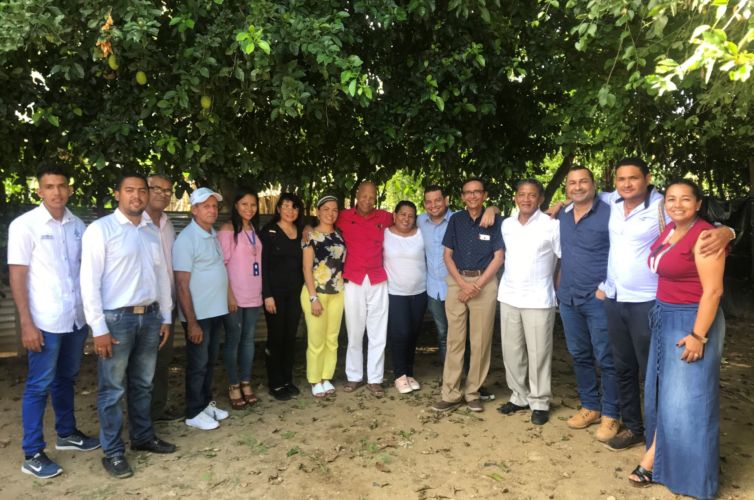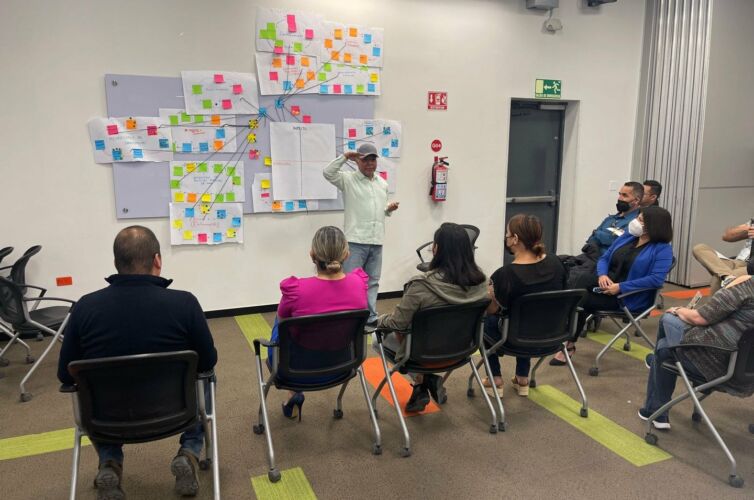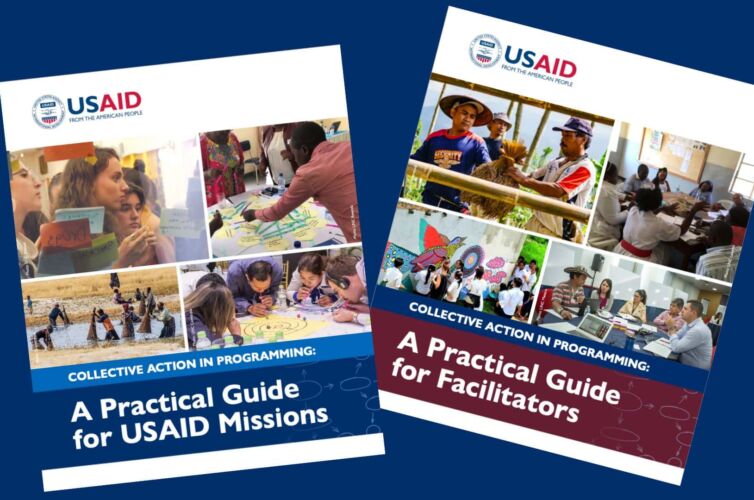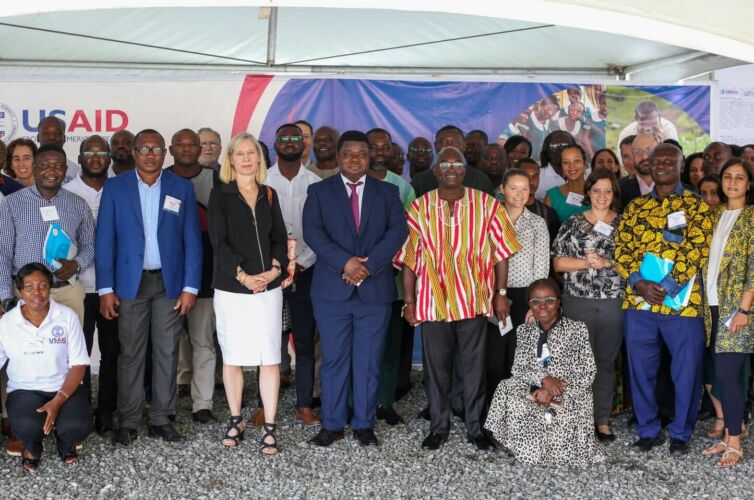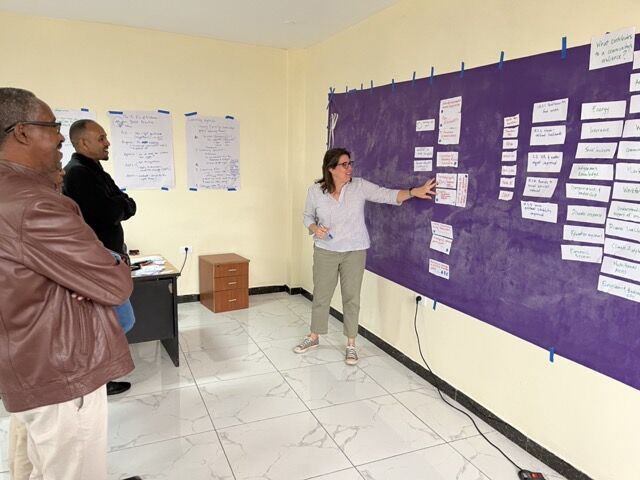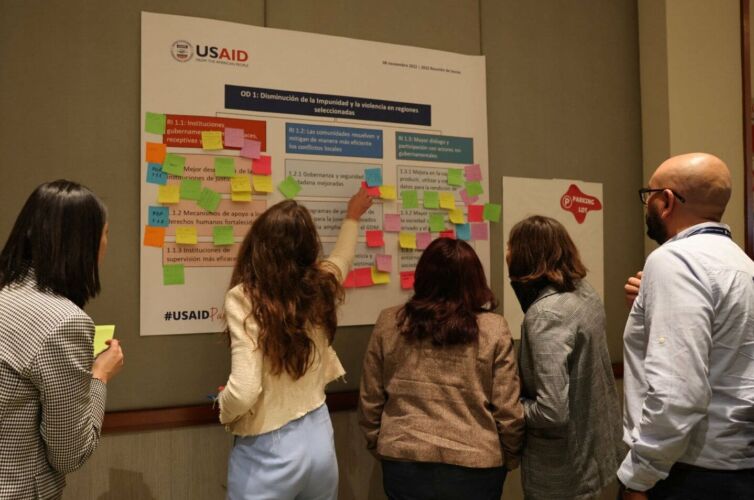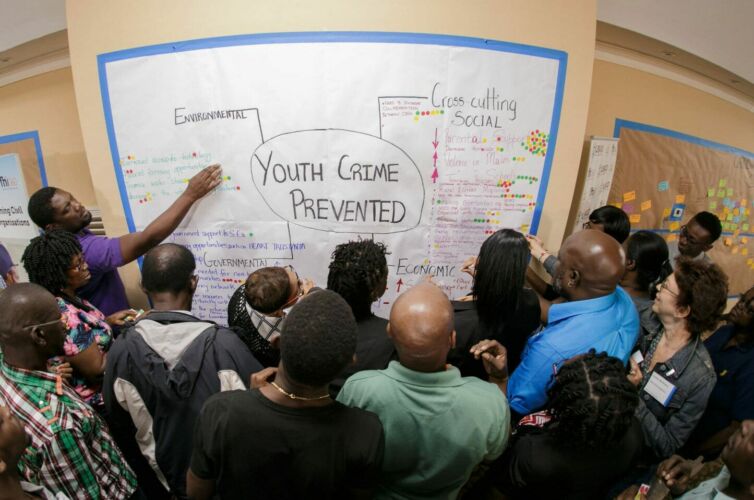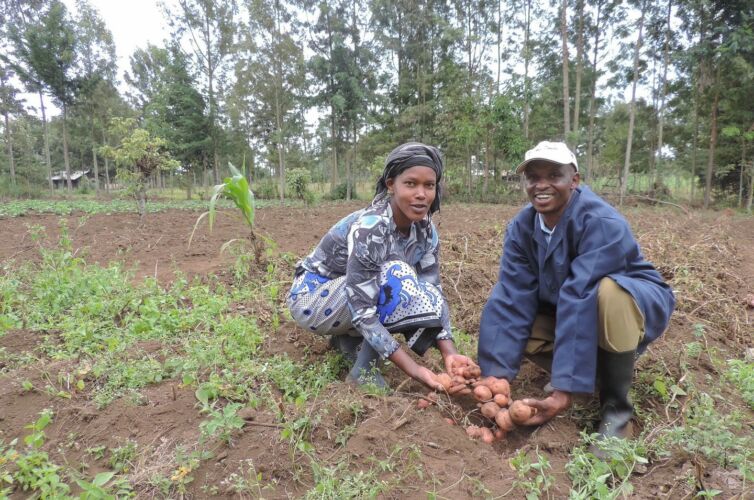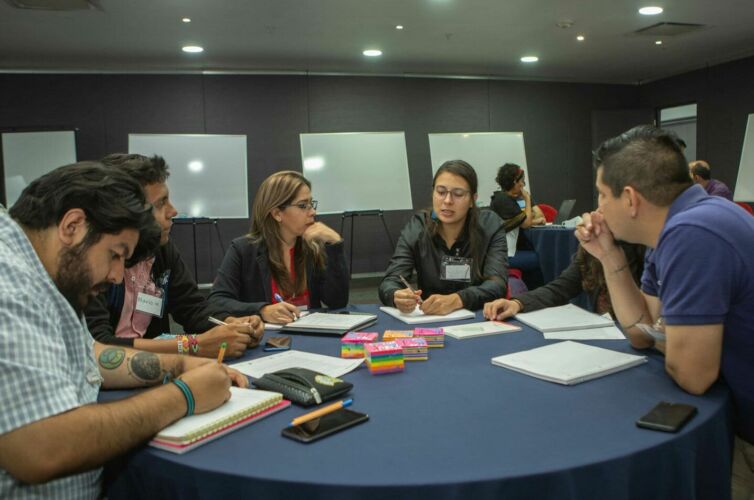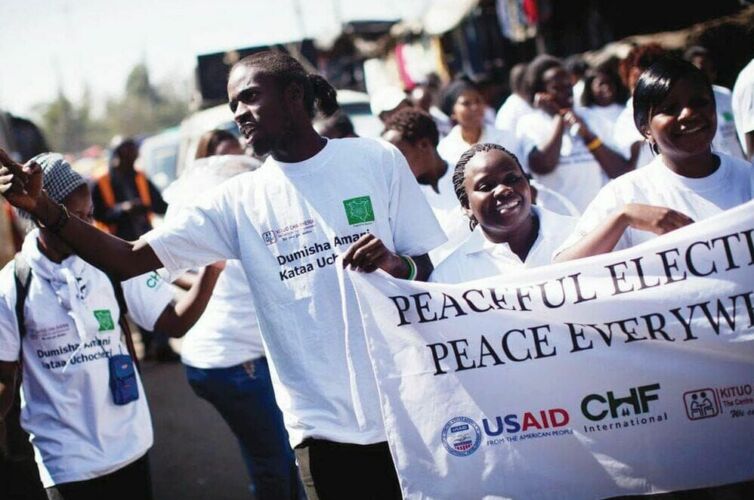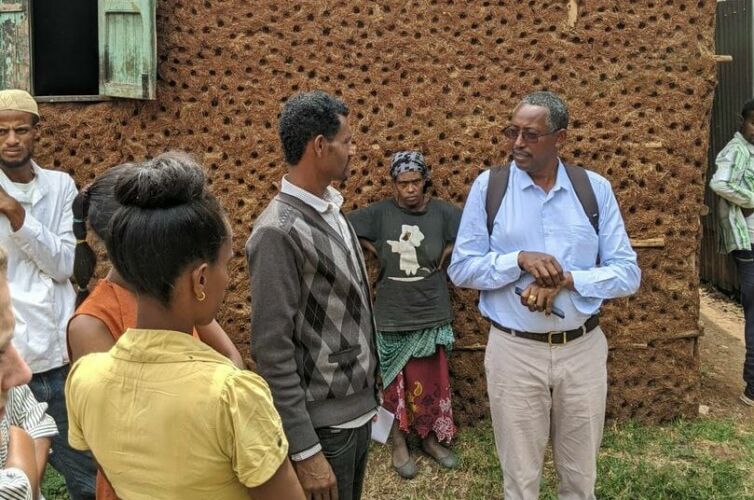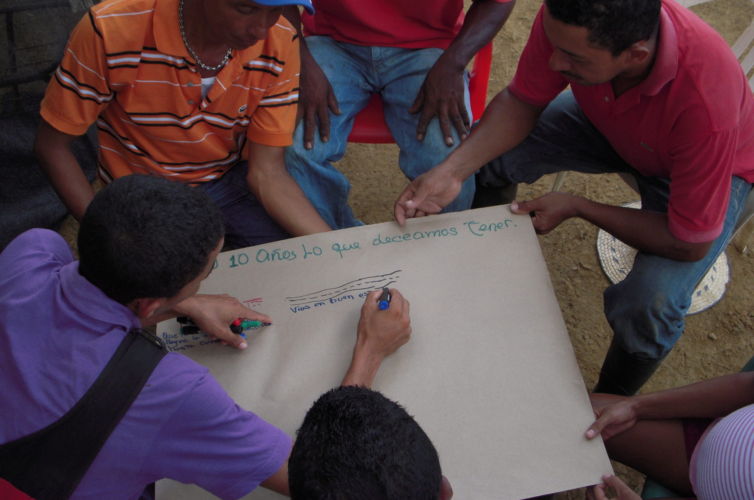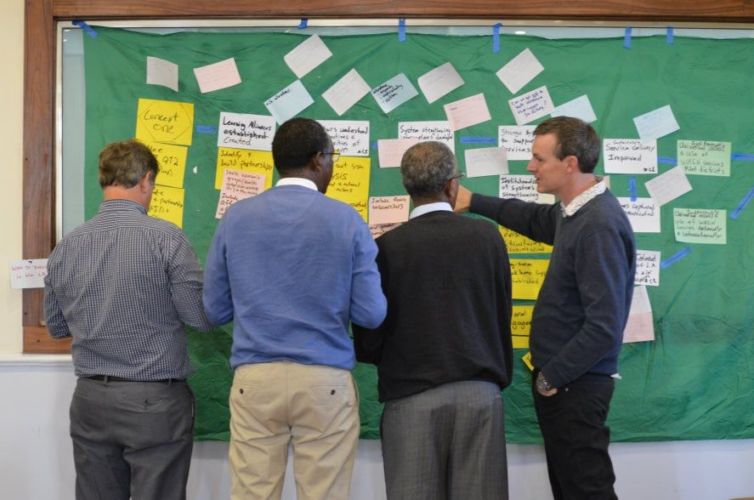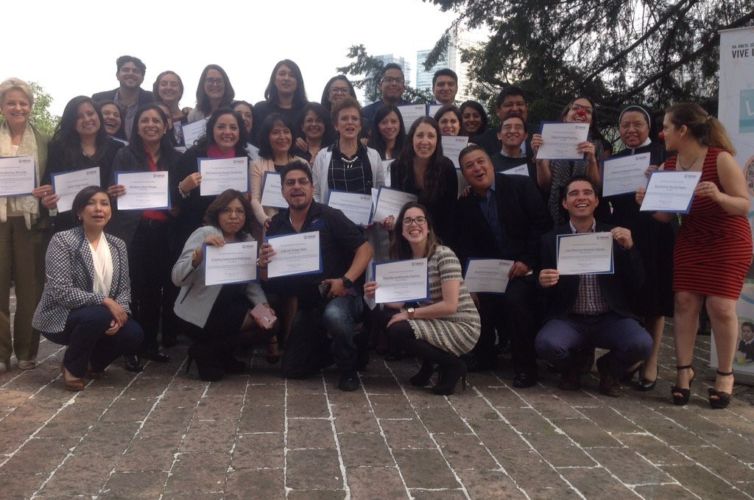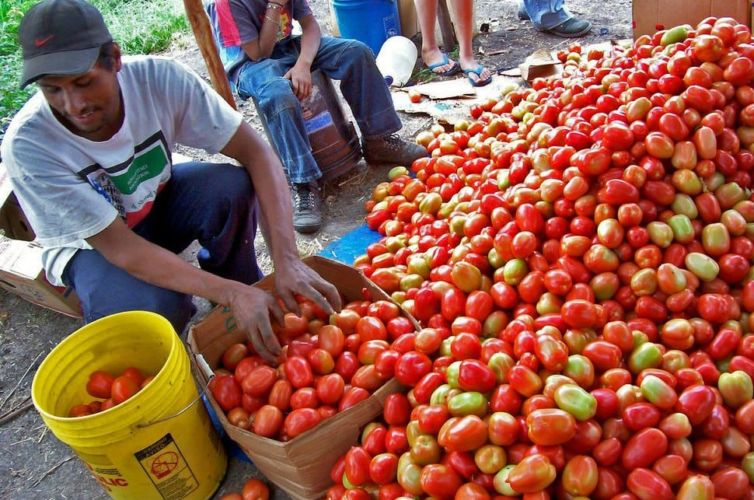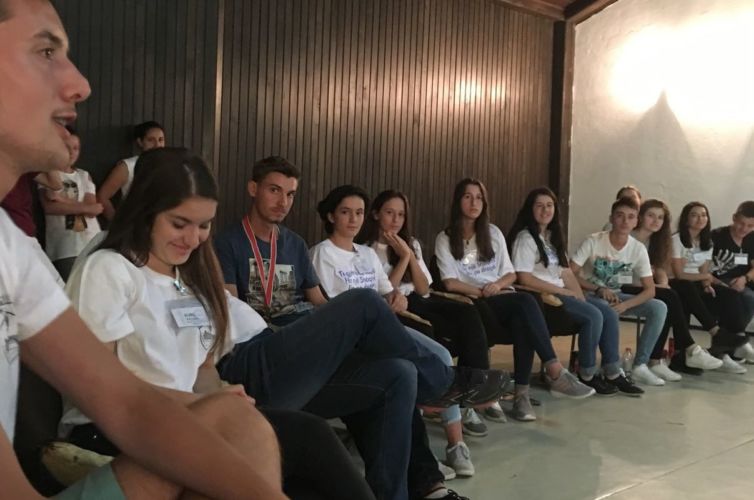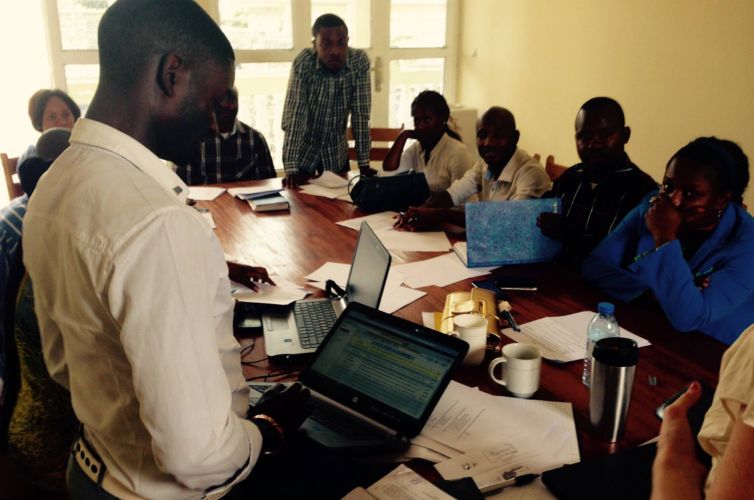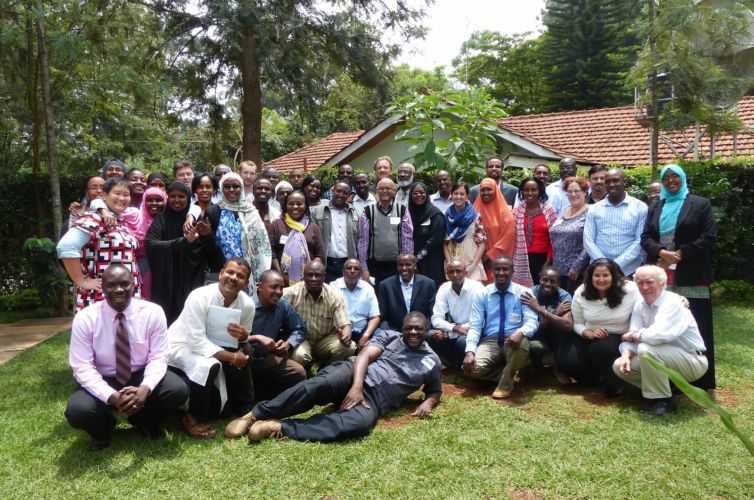About the Project
For local actors to take the lead in development, local organizations must have sufficient and appropriate financial resources for long-term planning and implementation. Although many resources exist to help local civil society organizations (CSOs) diversify and improve their financial sustainability models, uptake is low and the challenges to sustainability are heavily context-dependent, often beyond the capacities for any one local organization.
The USAID Facilitating Financial Sustainability (FFS) project was launched in 2017 to develop and test ways that different actors (including donors, policymakers, intermediary organizations, and CSOs themselves) can work together to improve the factors that drive local organizations’ financial sustainability in different development contexts.
As part of USAID Local Works Program, FFS relied on a combination of research and on-ground testing approaches to improve local organization financial sustainability to support the Local Works’ goal of enabling local communities to drive their own development.
The FFS project was jointly implemented by LINC, Peace Direct and Foundation Center (now Candid).
The FFS project had two distinct phases: a research phase and a collective action learning phase.
Phase I: Financial Sustainability Research
FFS analyzed data from over 120 interviews and over 1,800 grants supporting CSO financial sustainability in six countries. Research culminated in the publication of three research papers in 2018 and contributed to the sector’s understanding of which factors are most conducive to strong CSO financial sustainability and how this sustainability is connected to local ownership of development.
About the Project
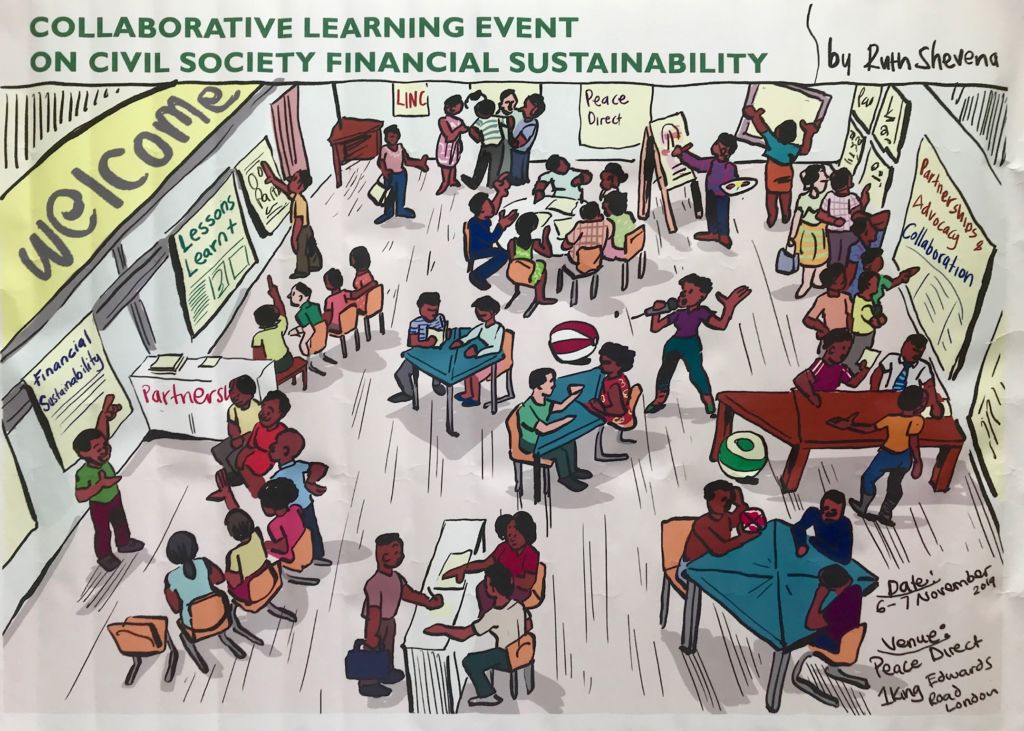
Phase II: “Action Learning Groups” Implementation
FFS took insights from the research and put them into practice in Colombia, DRC, and Uganda through “Action Learning Groups” (ALGs) – coalitions of local stakeholders interested in collectively identifying opportunities to improve the local conditions for CSO financial sustainability in their context.







